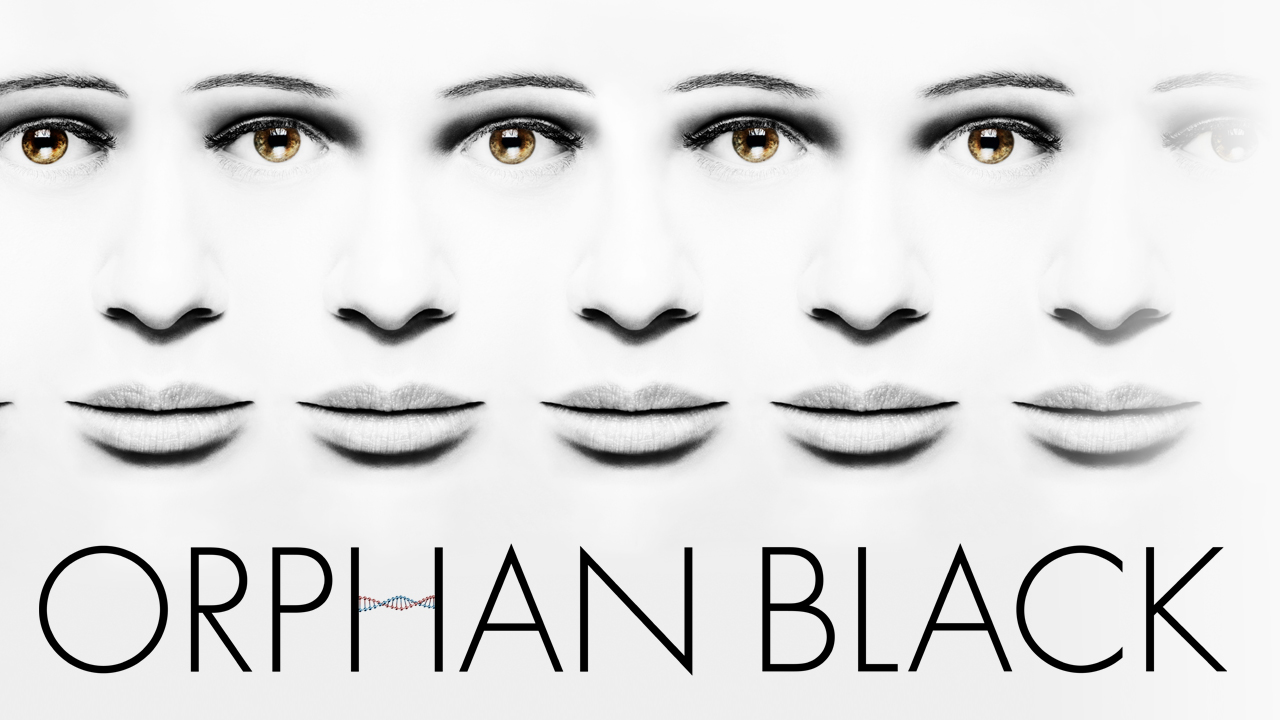Nonfiction is pretty far outside what I normally want to read, especially history and biography, but I’ve had Jung Chang’s Empress Dowager Cixi: The Concubine Who Launched Modern China on my list since it first came out a little over two years ago. When her husband died and her five-year-old son ascended to the throne, Cixi seized power from the eight men on the Board of Regents with the help of the empress Zhen – when Cixi was 25 and Zhen was 24. Under Cixi’s rule, the torturous foot binding practice was ended, and the Chinese military modernized. Despite the flaws and missteps she made, the Empress Dowager was a fascinating historical figure, ruling a third of the world’s population when she was in power. She’s certainly someone worth learning more about, and Chang’s biography adds additional cultural context for Westerners not as familiar with politics of China during that era.
– Feliza Casano, Editor
Earlier this month, I finally got around to watching Mamoru Hosoda’s Summer Wars. The film’s about Kenji Koiso, a quiet 11th grade math whiz who travels with 12th grader Natsuki Shinohara to celebrate her great-grandmother’s 90th birthday. While that is happening, an A.I by the name of Love Machine begins to cause chaos in a virtual world that Kenji is a part time moderator for. What makes watching the movie interesting is that Hosoda based some aspects of the film on a previous film he worked on, Digimon Adventure: Our War Game!. Although it’s been many years since I’ve seen Our War Game, I can still see some of the little influences in Summer. Both involve a malicious entity in the virtual world and a race against time to stop it (plus a missile missing its target). Thankfully though, Summer is its own film by showing family and connecting to people. Plus, Our War Game didn’t have an awesome naginata-weilding grandmother. Definitely check out the movie if you have the chance-it has a fun group of characters, interesting plot, and great visuals.
– Janelle Smith, TV & Film Writer
On my list this month is the book Midnight’s Children by Salman Rushdie. I’ve never read Rushdie before and I’m really glad I started with this one. It took me a little while to get into the rhythm of his writing style – his prose sometimes feels like poetry in that each word is so carefully chosen. And it reminds me of some of William Faulkner’s writing that walks the line between narrative and stream of consciousness. But now that I’m about halfway through, I’m totally engrossed in the story and the characters, and I can’t wait to see where it goes. At 533 pages it’s unlikely train reading, but I’ve been carrying it around because it’s the kind of magical realism that makes you forget your surroundings – perfect for my commute. If you’re looking for a meaty novel to get you through the winter, I would recommend this one.
– Laura Jewell, Staff Writer
The game I’ve been procrastinating with lately is Pillars of Eternity, the Kickstarter-funded RPG from developer Obsidian. The gameplay is taken directly from the Baldur’s Gate games (which took their gameplay from classic pen and paper Dungeons and Dragons). But I don’t think the gameplay is necessarily the big draw for PoE; it’s the well-crafted and intensely complex world. There is a lot of reading in this game, probably more than any I’ve ever played. But it pays off. PoE reaches a level of immersion that you simply don’t see in many modern games, if any. I’ve been playing it pretty much non-stop since I got it over the holidays, and there isn’t really any end in sight. Once it drew me in, I was in for good. There’s no going back now. See you in 100 hours.
– Joel Wallick, Gaming Writer
I got a butt-ton of books over the holidays (thanks, Mom and Dad!) so it was hard for me to decide which one to crack open first, but eventually I decided on How to Be a Heroine: Or, What I’ve Learned from Reading Too Much by Samantha Ellis. It’s non-fiction, which usually isn’t my jam of choice, but I love this book. In each chapter, Ellis focuses on a particular heroine or group of similar heroines and tells the story of what each of them taught her about herself as a young girl growing up in an immigrant family in London – or what each of them didn’t teach her. Lovely ladies like Anne Shirley, Scarlett O’Hara, Franny Glass, and the March sisters make their appearance – plus of course, no book on literary heroines would be incomplete without a whole chapter on Lizzy Bennet. Reading this book makes me want to go back and reread all the female-centric books I’d read growing up, because a big theme of How to Be a Heroine is that rereading books from your childhood can open your eyes to new insights into your favorite characters, and you may end up either loving them more or seeing more of their flaws depending on your level of criticism. Though, I don’t think anything will ever make me dislike Anne Shirley, but hey, you never know!
– Gabby Taub, Fantasy Reviewer
As I get started on tackling my ever-growing list of Books to Read, I was fortunate enough to have been gifted The Wake by Paul Kingsnorth for Christmas. Unbeknownst to me, it was actually on my list twice because months and months ago I had written it down and promptly forgot about it. Referred to by the publisher as “a postapocalyptic novel set one thousand years in the past,” the book is told from the perspective of Buccmaster, a landowner who loses everything in the Norman Invasion. I’m about a hundred pages in and it is amazing. As I mentioned in a post on my personal blog, the “shadow tongue” is a fascinating way to tell the story because it engages your brain in not just the story but with a little bit of translation as well.
– Christina Casano, Assistant Editor





